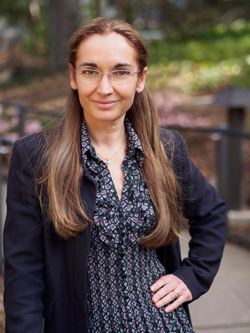 Eva Nogales, MCB Professor of Biochemistry, Biophysics & Structural Biology and Howard Hughes Medical Institute Investigator, has been named a 2020 Biophysical Society Fellow.
Eva Nogales, MCB Professor of Biochemistry, Biophysics & Structural Biology and Howard Hughes Medical Institute Investigator, has been named a 2020 Biophysical Society Fellow.
Below are articles from various sources about members of MCB and their research.
 Eva Nogales, MCB Professor of Biochemistry, Biophysics & Structural Biology and Howard Hughes Medical Institute Investigator, has been named a 2020 Biophysical Society Fellow.
Eva Nogales, MCB Professor of Biochemistry, Biophysics & Structural Biology and Howard Hughes Medical Institute Investigator, has been named a 2020 Biophysical Society Fellow.
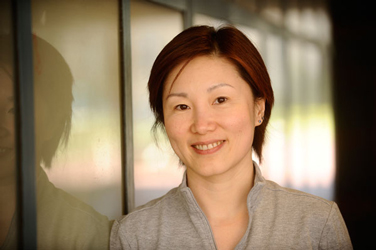 We spend about one-third of our lives asleep, but much is still unknown about how this nightly occurrence is regulated by the brain. However, two new research papers from the lab of MCB Professor & HHMI Investigator Yang Dan seek to shed light on the systems and regions of the brain involved in sleep regulation.
We spend about one-third of our lives asleep, but much is still unknown about how this nightly occurrence is regulated by the brain. However, two new research papers from the lab of MCB Professor & HHMI Investigator Yang Dan seek to shed light on the systems and regions of the brain involved in sleep regulation.
In Cell, Zhang et al. identified both known and new areas throughout the brain with higher activity in sleeping mice compared to awake mice. These newly identified brain regions could be useful in the development of new methods to promote healthy sleep.
In Neuron, Ma et al. "screened for additional sleep-promoting areas using a different approach — working backwards from neurons known to promote wakefulness (wake neurons) to see which neurons connect to and inhibit them, causing sleep."
Read more from Helen Wills Neuroscience Institute here.
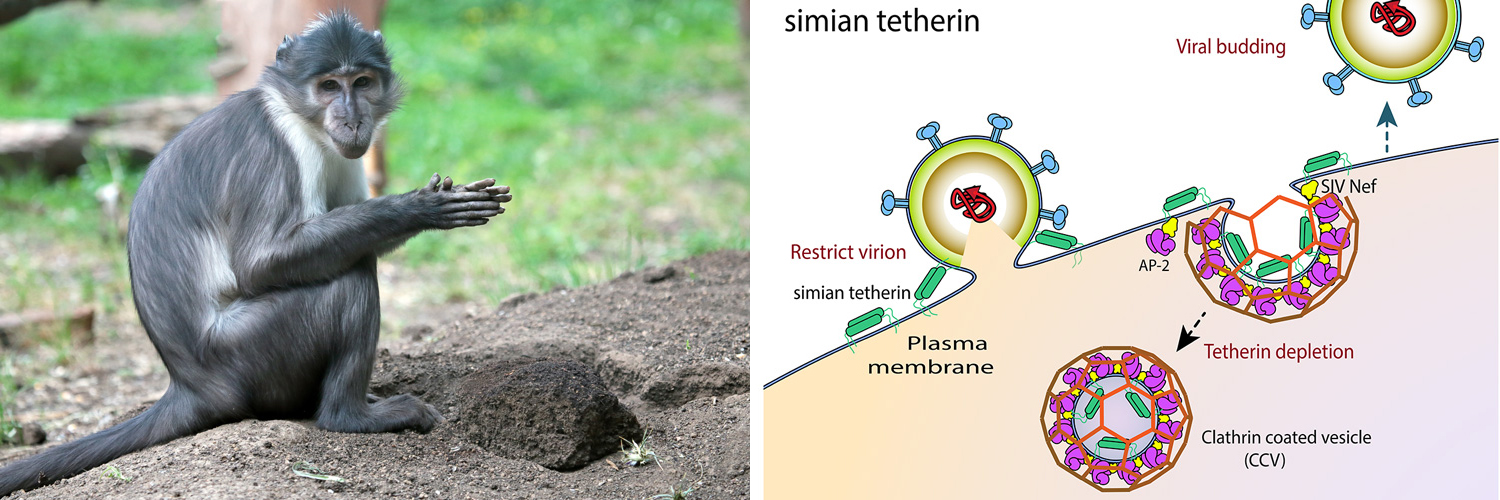
A new study from the Hurley lab reveals how an early-human mutation may have protected us from the simian immunodeficiency virus (SIV), perhaps giving us an advantage over other primates in early evolution.
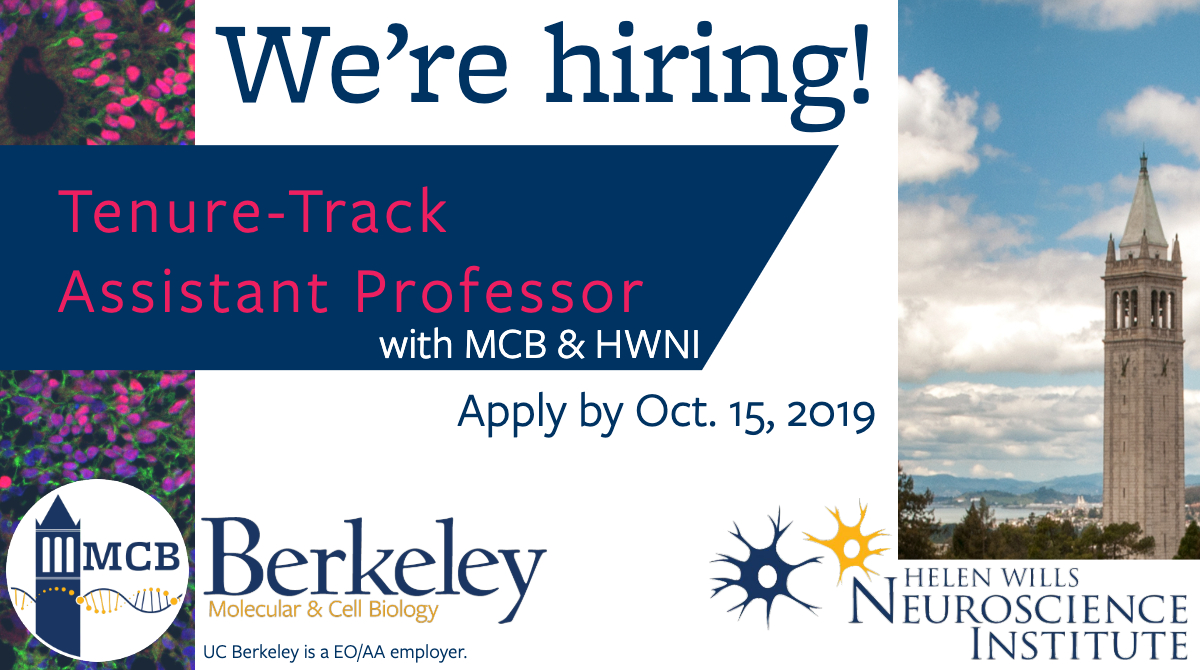
Interested in becoming a UC Berkeley MCB faculty member? We are accepting applications for a tenure-track Assistant Professor position with the MCB Neurobiology division and the Helen Wills Neuroscience Institute.
Apply by October 15, 2019, here.
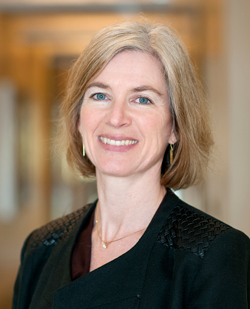 Congratulations to MCB Professor of Biochemistry, Biophysics & Structural Biology Jennifer Doudna on becoming a 2019 LUI Che Woo Prize laureate!
Congratulations to MCB Professor of Biochemistry, Biophysics & Structural Biology Jennifer Doudna on becoming a 2019 LUI Che Woo Prize laureate!
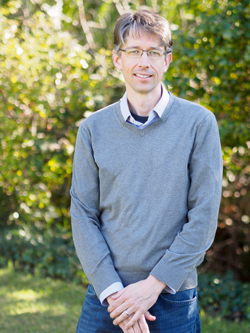 MCB Professor of Immunology and Pathogenesis Russell Vance was recently interviewed by Elie Diner of Slide-Talk about key postdoc interview and presentation tips.
MCB Professor of Immunology and Pathogenesis Russell Vance was recently interviewed by Elie Diner of Slide-Talk about key postdoc interview and presentation tips.
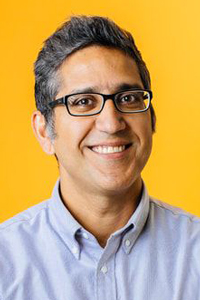 MCB affiliated and Plant & Microbial Biology Professor Arash Komeili has joined the ranks of the Bakar Fellows, a program that provides up to 5 years of funding for faculty whose STEM innovations can translate to valuable commercial solutions and stimulate California's economy.
MCB affiliated and Plant & Microbial Biology Professor Arash Komeili has joined the ranks of the Bakar Fellows, a program that provides up to 5 years of funding for faculty whose STEM innovations can translate to valuable commercial solutions and stimulate California's economy.
 MCB Professor Gary Firestone was awarded the Beckman Foundation’s Pyramid Award last week at the annual Beckman Symposium. The award recognizes his efforts starting, organizing, and revising the Beckman Postdoctoral Fellowship program from 2014–2019.
MCB Professor Gary Firestone was awarded the Beckman Foundation’s Pyramid Award last week at the annual Beckman Symposium. The award recognizes his efforts starting, organizing, and revising the Beckman Postdoctoral Fellowship program from 2014–2019.
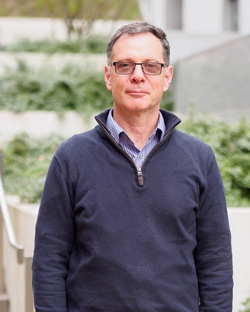 Congratulations to MCB Professor James Hurley for being presented with a Method to Extend Research in Time (MERIT) Award from the National Institute of Allergy and Infectious Diseases (NIAID)!
Congratulations to MCB Professor James Hurley for being presented with a Method to Extend Research in Time (MERIT) Award from the National Institute of Allergy and Infectious Diseases (NIAID)!
This honor is in recognition of his work on the mechanism of HIV release from cells by ESCRT complexes.
 Congratulations to Daniel Nomura on his promotion to MCB Professor of Biochemistry, Biophysics and Structural Biology!
Congratulations to Daniel Nomura on his promotion to MCB Professor of Biochemistry, Biophysics and Structural Biology!